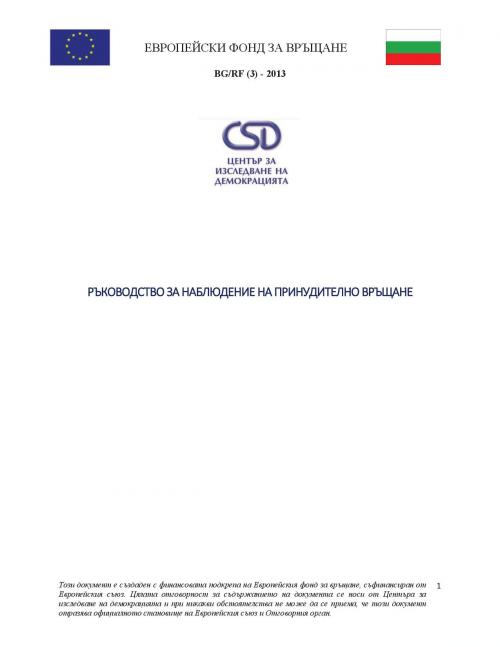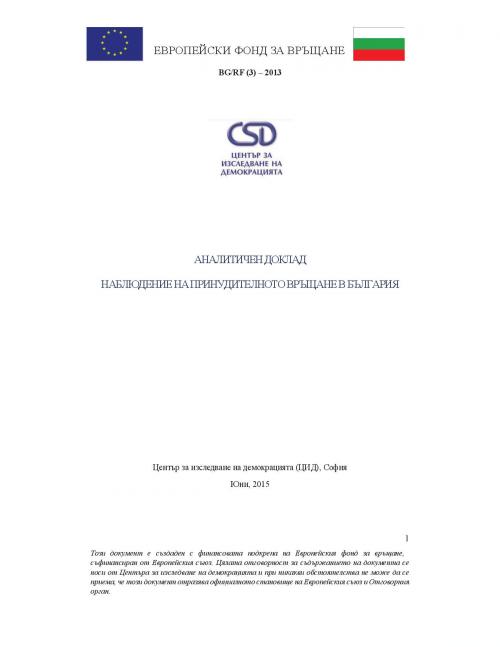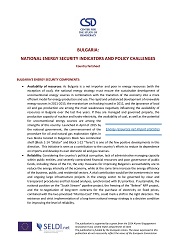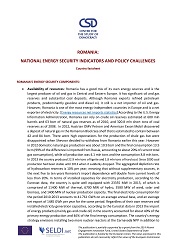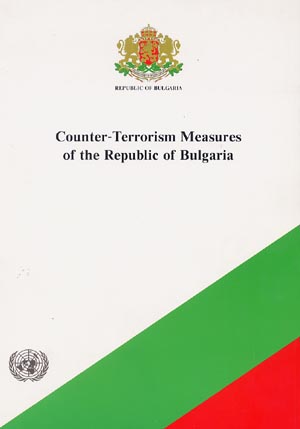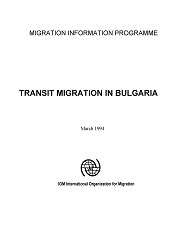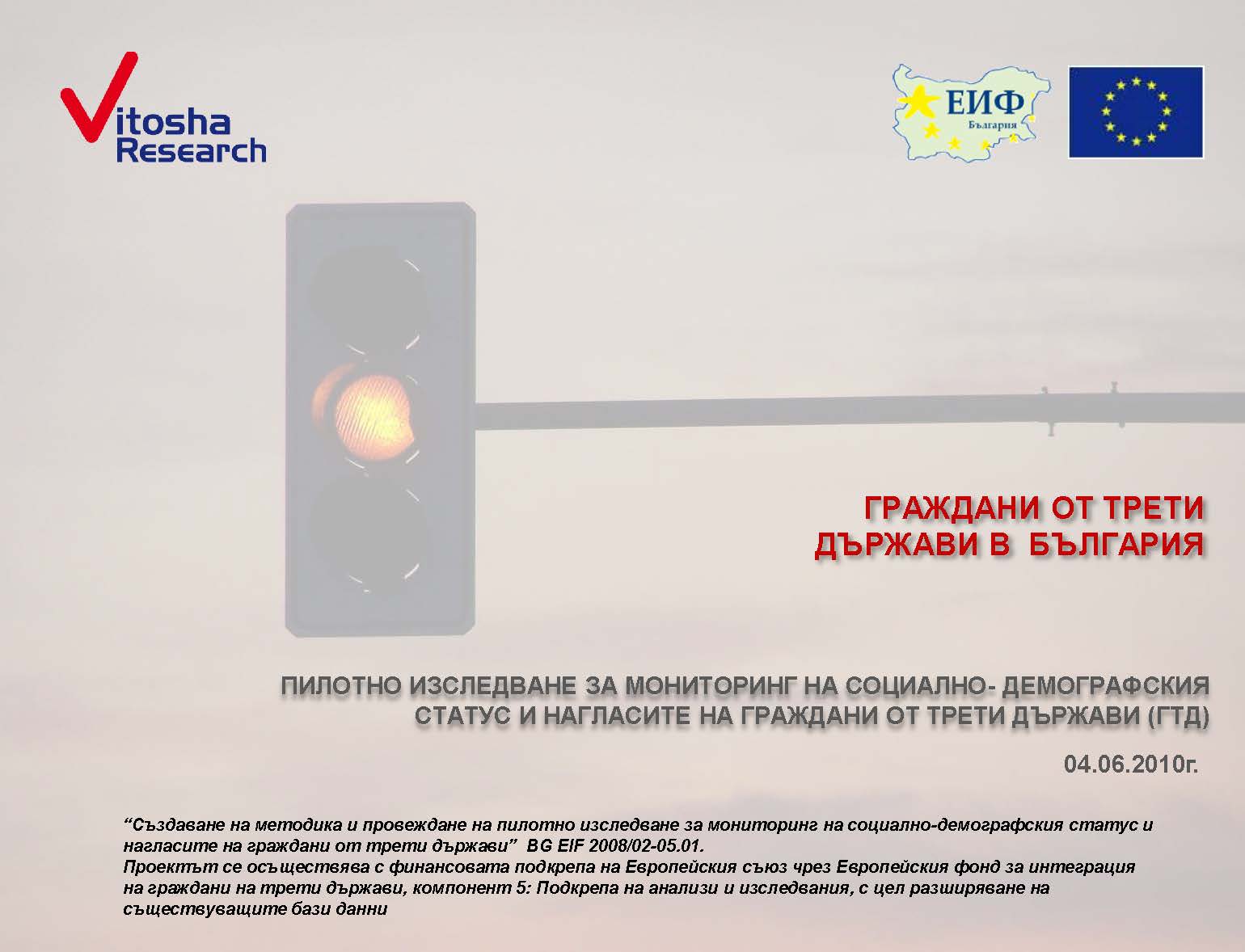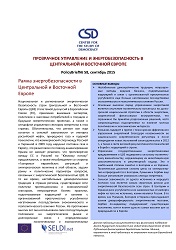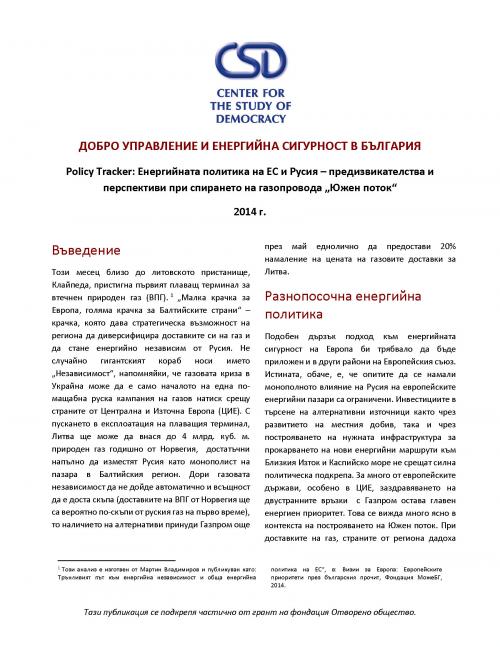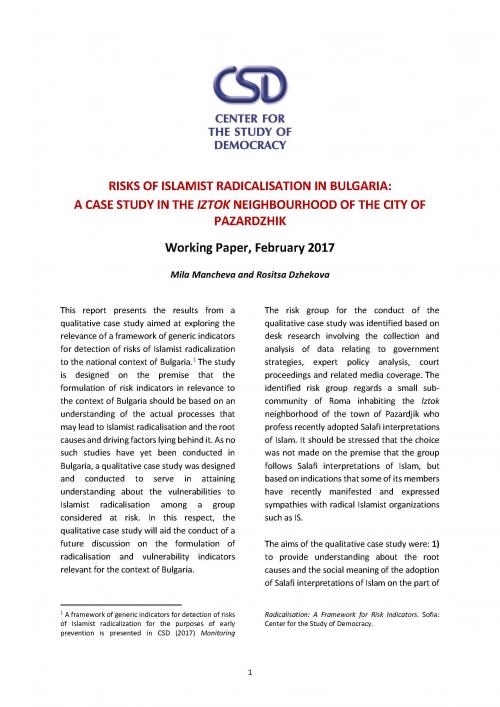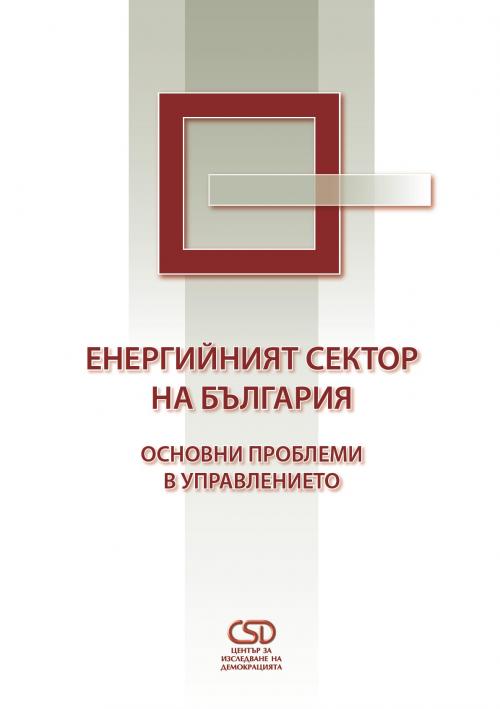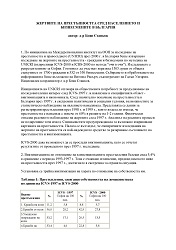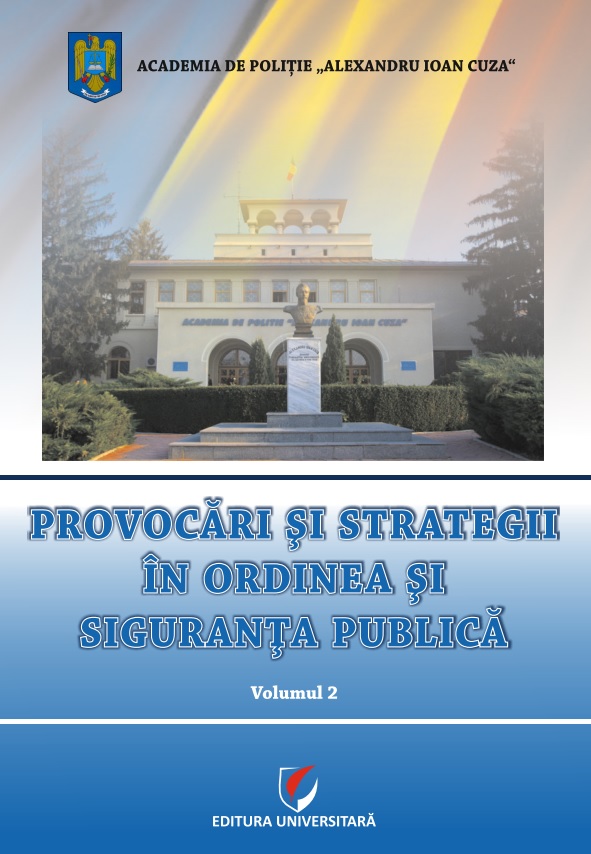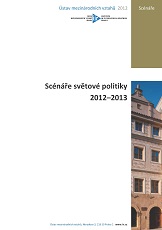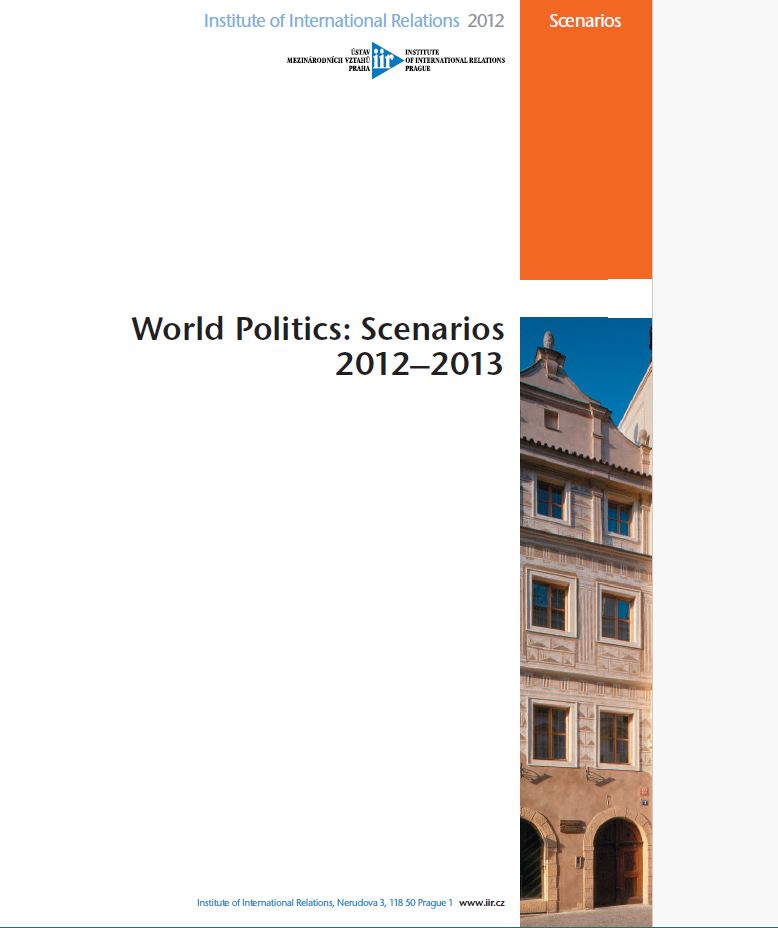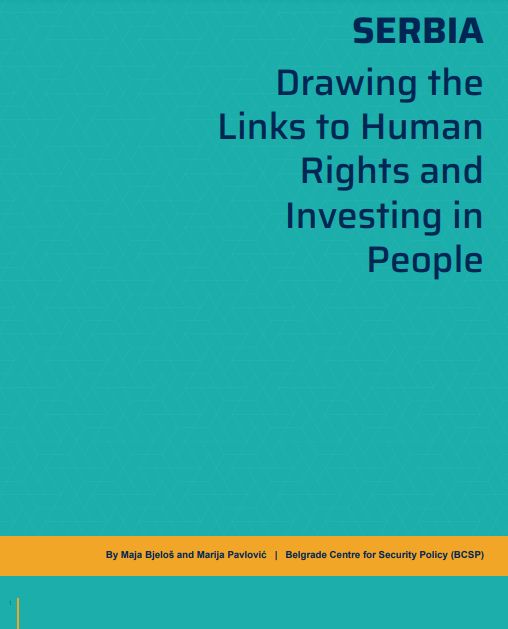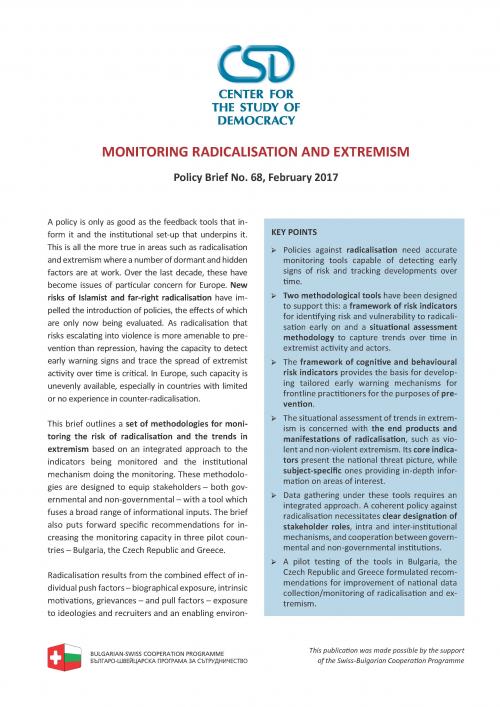
CSD Policy Brief No. 68: Monitoring Radicalisation and Extremism
Over the last decade, radicalisation and extremism have become issues of particular concern for Europe. New risks of Islamist and far-right radicalisation have impelled the introduction of policies, the effects of which are only now being evaluated. As radicalisation that risks escalating into violence is more amenable to prevention than repression, having the capacity to detect early warning signs and trace the spread of extremist activity over time is critical. This brief outlines a set of methodologies for monitoring the risk of radicalisation and the trends in extremism based on an integrated approach to the indicators being monitored and the institutional mechanism doing the monitoring. These methodologies are designed to equip stakeholders – both governmental and non-governmental – with a tool which fuses a broad range of informational inputs; it will enable informed formulation of prevention and counter-radicalisation policies.
More...
